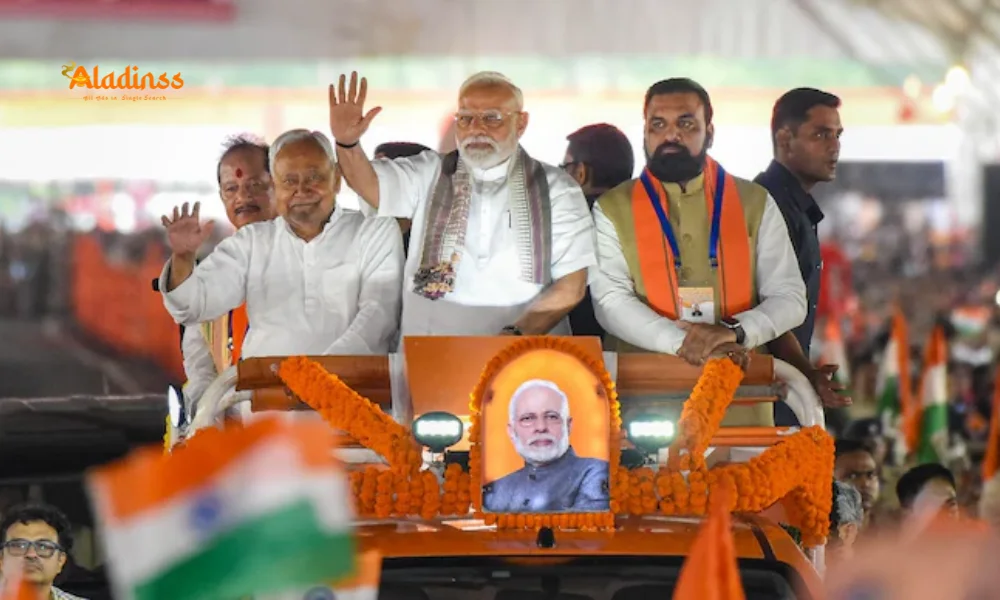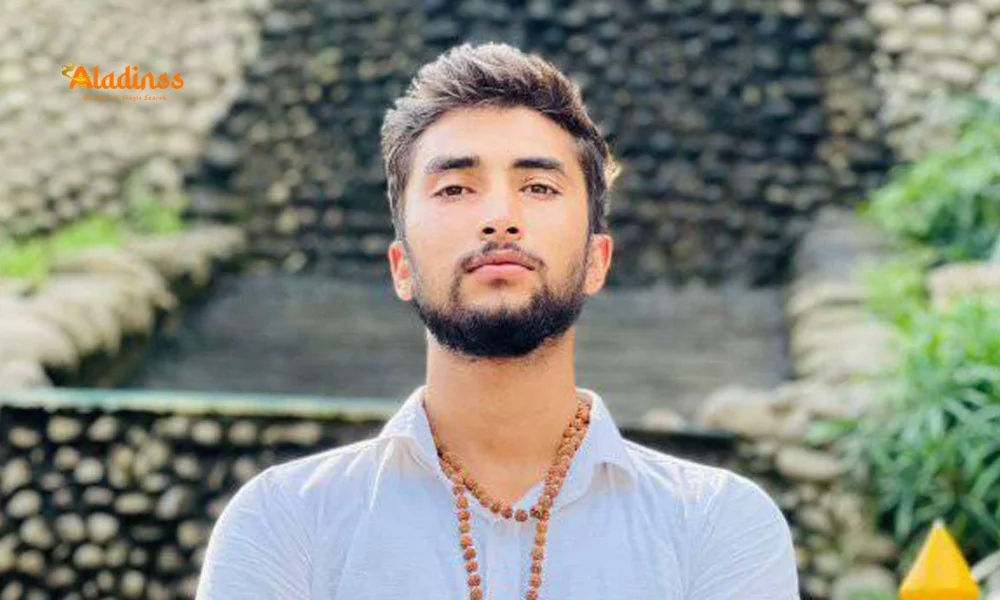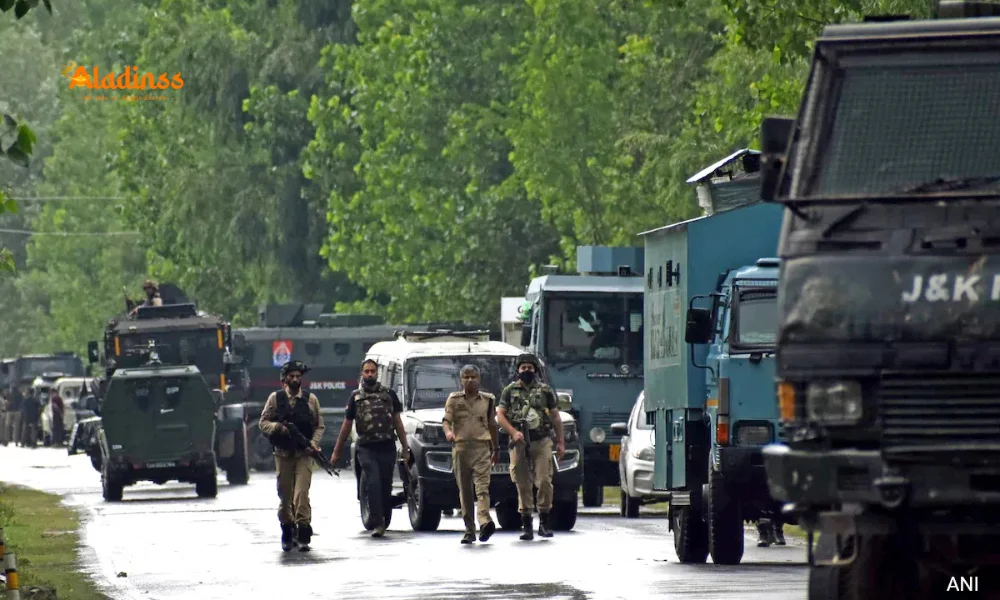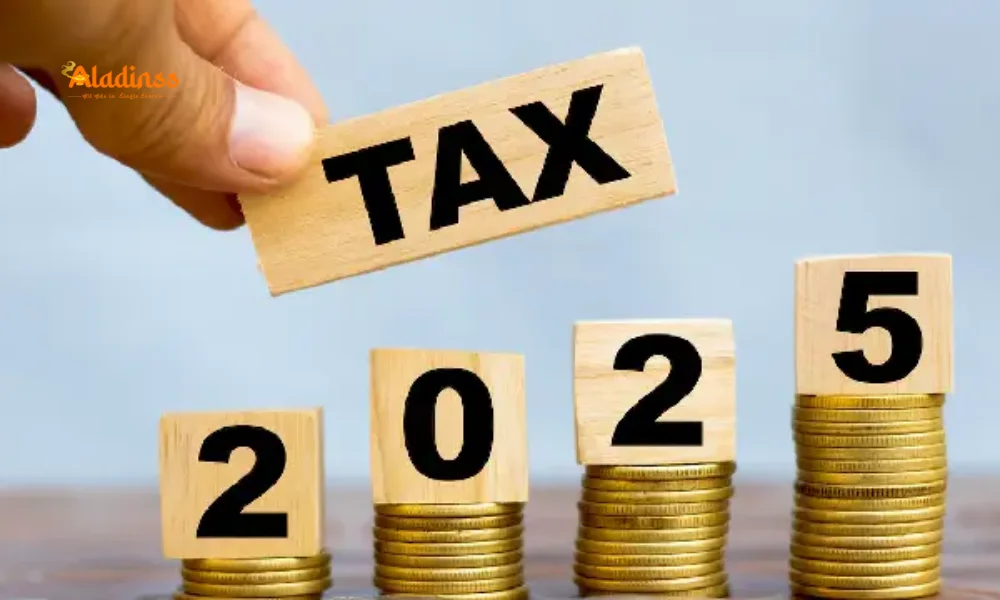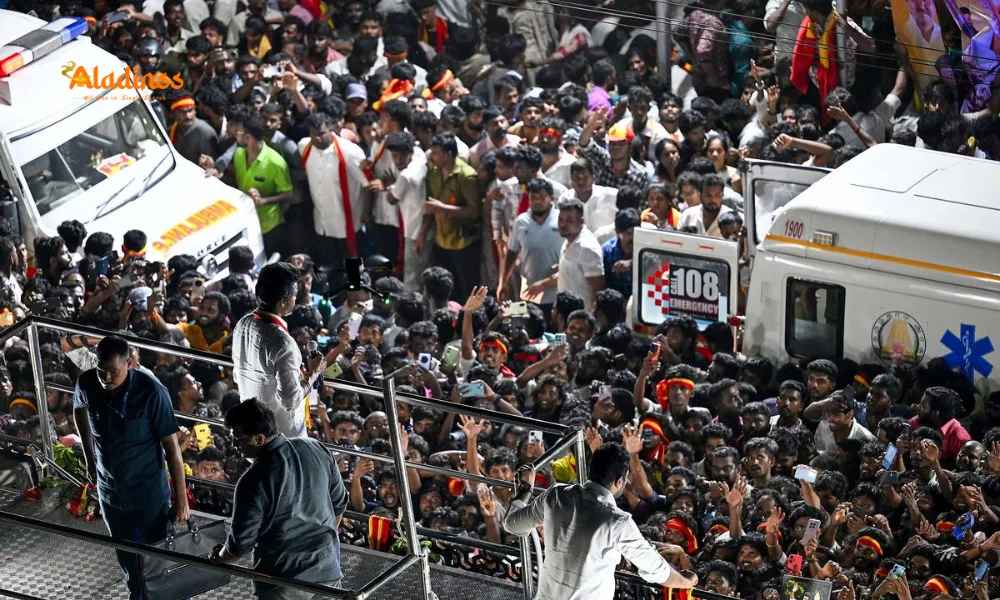Trump Praises Modi at Egypt Peace Summit
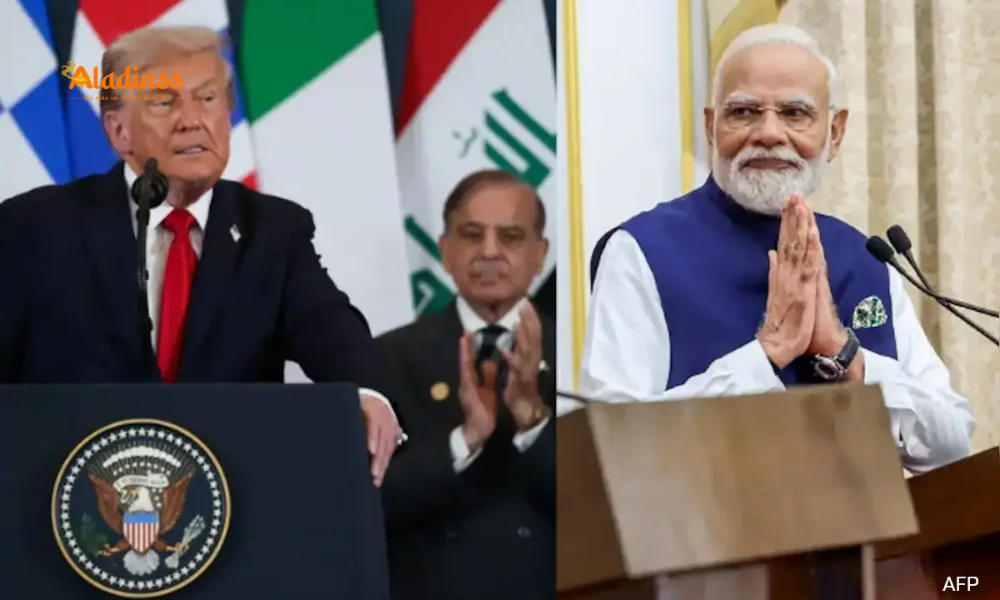
Trump Lauds Modi as 'Good Friend' at Egypt Peace Summit Amid Sharif's Nobel Nod
At the prestigious Sharm el-Sheikh Summit in Egypt, U.S. President Donald Trump showered praise on Indian Prime Minister Narendra Modi, dubbing him a "very good friend" and commending his exceptional leadership. This warm endorsement came as Trump voiced confidence in a harmonious future for India and Pakistan, directly addressing Pakistani Prime Minister Shehbaz Sharif with optimism. The exchange highlighted Trump's vision for regional stability, underscoring the delicate dynamics of India-Pakistan relations and the broader quest for peace in South Asia and the Middle East.
Trump's remarks, delivered on Monday, painted a picture of collaborative progress between the nuclear-armed neighbors. "India is a great country with a very good friend of mine at the top, and he’s just done a fantastic job," Trump stated, emphasizing Modi's role in fostering growth and diplomacy. Turning to Sharif, who stood nearby, Trump quipped, "I think that Pakistan and India are gonna live very nicely together, right?" Sharif's affirming smile set a tone of cautious positivity, as Trump added, "They are, they are… And they’re two great leaders, great leaders as far as I’m concerned."
This moment of camaraderie followed Sharif's glowing tribute to Trump, where the Pakistani leader renominated him for the Nobel Peace Prize-previously awarded to Maria Corina Machado. Sharif credited Trump's interventions with averting potential disasters, stating, "Had it not been for this gentleman, who knows, India and Pakistan are both nuclear powers. During those four days, the war could have escalated to a level where none of us would have lived to tell what happened." Such words amplified the summit's focus on de-escalation and global harmony.
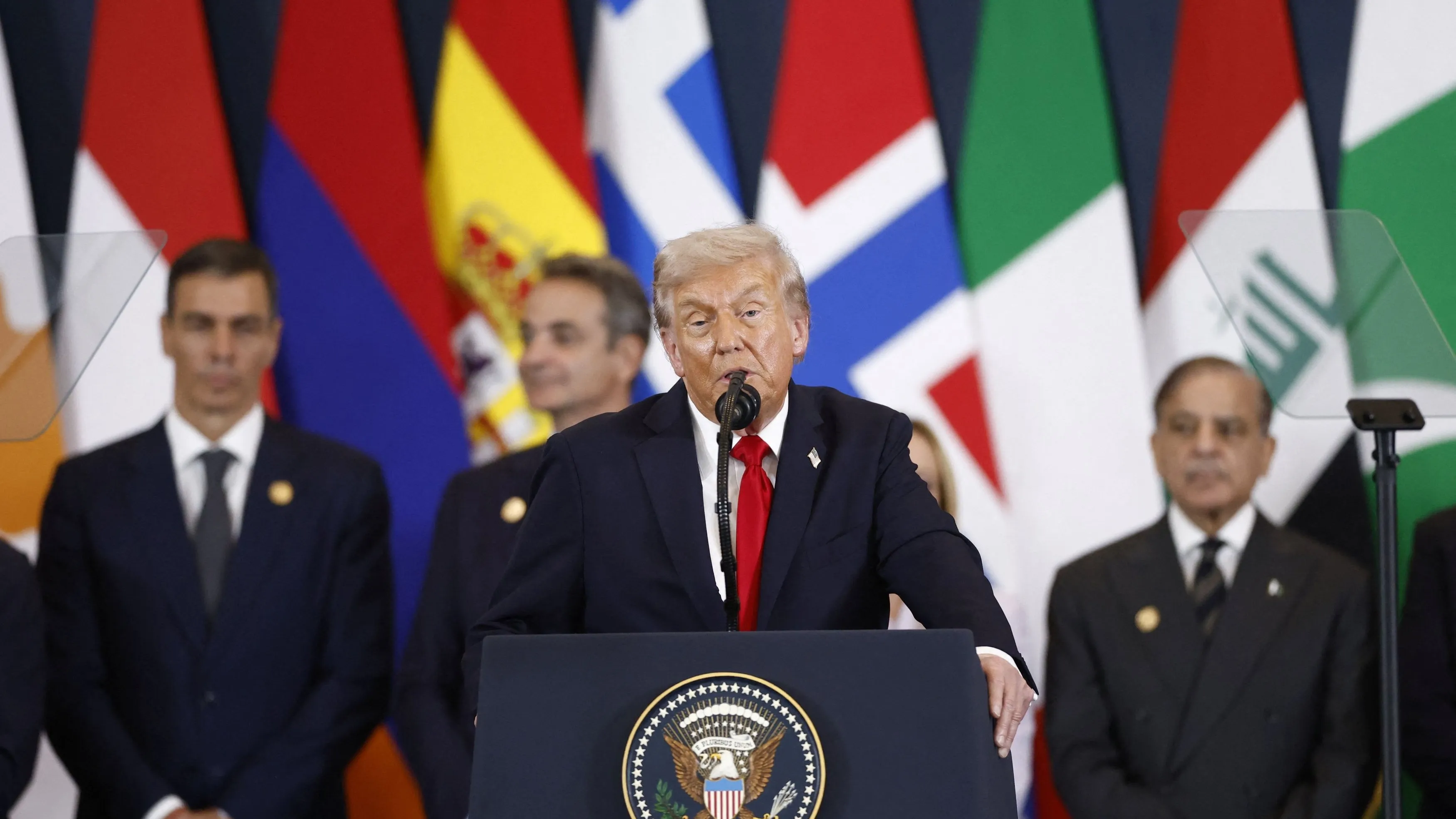
Sharif's Tribute: Renominating Trump for Nobel Peace Prize
In a heartfelt address at the Gaza Peace Summit, Shehbaz Sharif positioned Trump as a pivotal figure in salvaging lives across continents. "Today, again, I would like to nominate this great President for the Nobel Peace Prize, because I genuinely feel that he is the most genuine and most wonderful candidate for peace," Sharif declared. He spotlighted Trump's contributions to South Asian stability, particularly during the tense May escalation known as Operation Sindoor, which nearly spiraled into full-scale conflict between India and Pakistan.
Sharif's praise extended to the Middle East, where he lauded Trump's collaboration with a coalition of leaders in brokering a Gaza truce. "Your valuable contribution, along with President Sisi, history will remember in golden words," he noted, acknowledging Egyptian President Abdel Fattah el-Sisi, Qatar’s Sheikh Tamim, Turkey’s President Tayyip Erdogan, Jordan’s King Abdullah, UAE President Mohammed bin Zayed, and Saudi Crown Prince Mohammed bin Salman. This ensemble effort, Sharif argued, had "saved millions of lives" by preventing further bloodshed in Gaza and beyond.
Trump's repeated claims of personally defusing the India-Pakistan standoff in May contrast with New Delhi's stance. Indian officials have consistently asserted that the ceasefire resulted from bilateral negotiations, without third-party involvement. This divergence underscores the nuanced interplay of diplomacy, where credit attribution often fuels narratives of influence in India-Pakistan tensions.
Gaza Peace Summit: A Gathering for Regional Stability
The Sharm el-Sheikh Summit, drawing leaders from 20 nations including UN Secretary-General Antonio Guterres, UK Prime Minister Keir Starmer, Italy’s Giorgia Meloni, Spain’s Pedro Sanchez, and France’s Emmanuel Macron, sought to cement a framework ending the protracted Gaza war. Objectives included a sustainable roadmap for peace, addressing humanitarian crises, and rebuilding efforts in the war-torn region. Though Prime Minister Narendra Modi received an invitation, India was represented by Minister of State for External Affairs Kirti Vardhan Singh, signaling New Delhi's strategic engagement without top-level presence.
Key Outcomes and Diplomatic Highlights
Discussions at the summit revolved around immediate ceasefires, aid corridors, and political dialogues involving Palestinian and Israeli stakeholders. Trump's participation injected a layer of U.S. assertiveness, aligning with his administration's push for "America First" foreign policy that prioritizes swift resolutions. Sharif's renomination of Trump for the Nobel Peace Prize echoed past gestures, reinforcing bilateral ties between Pakistan and the U.S. amid evolving global alliances.
- Framework for Gaza reconstruction and humanitarian access.
- Endorsement of multi-nation coalition for Middle East de-escalation.
- Calls for renewed India-Pakistan dialogue to prevent future flare-ups.
- Recognition of Trump's mediation in global hotspots.
The event's timing, just months after the Gaza conflict's intensification, amplified its urgency. Attendees grappled with the fallout from over two years of hostilities, which displaced thousands and strained international relations. Trump's optimistic outlook on India-Pakistan harmony resonated, potentially paving the way for trilateral talks involving the U.S.
India's Perspective on Bilateral Peace Efforts
From India's viewpoint, the summit offered a platform to advocate for counter-terrorism measures alongside peace initiatives. While appreciating Trump's kind words for Modi, official channels reiterated self-reliance in resolving disputes with Pakistan. The Operation Sindoor episode in May, involving cross-border strikes, had tested this resolve, culminating in a de-escalation that India credits to its military and diplomatic prowess.
Modi's "good friend" status with Trump dates back to high-profile summits, symbolizing a robust U.S.-India partnership. This rapport extends to trade, defense, and technology collaborations, bolstering India's global standing. At the summit, Singh's representations likely echoed these themes, emphasizing multilateralism without compromising sovereignty.
Echoes of Operation Sindoor: Revisiting the Brink of Conflict
The specter of Operation Sindoor loomed large in summit conversations, recalling the four-day military exchanges in May that edged India and Pakistan toward nuclear peril. Trump has frequently touted his "direct intervention" as the linchpin for peace, a narrative that bolsters his image as a master dealmaker. Conversely, Indian narratives highlight internal resolve, with armed forces executing precise operations against perceived threats.
This episode exacerbated longstanding India-Pakistan tensions, rooted in territorial disputes and historical animosities. Sharif's acknowledgment of Trump's role subtly bridges these gaps, suggesting a willingness for U.S.-facilitated dialogues. Analysts view such endorsements as strategic, aiming to curry favor with Washington while navigating domestic pressures in Pakistan.
- India's strikes targeted militant infrastructure in response to provocations.
- Pakistan's retaliatory actions heightened alert levels across borders.
- Ceasefire achieved via hotlines and backchannel communications.
- Trump's claimed calls to leaders, disputed by New Delhi.
Beyond rhetoric, the summit probed economic incentives for peace, like enhanced trade corridors and joint ventures. Trump's praise for Modi could catalyze investments, aligning with initiatives like the Indo-Pacific Economic Framework. For Pakistan, Sharif's diplomacy seeks to mend U.S. relations strained under previous administrations.
Global Implications: From Gaza to South Asia
The Egypt peace summit transcended Gaza, weaving in threads of South Asian stability. Guterres urged unified action against extremism, while European leaders like Starmer and Meloni stressed human rights in any accord. Trump's central role, from Sharif's Nobel push to his Modi encomium, positions the U.S. as an indispensable mediator.
Looking forward, the framework endorsed could influence UN resolutions on Gaza, incorporating demilitarization and state-building elements. For India-Pakistan dynamics, Trump's optimism hints at potential summits, perhaps in neutral venues like Dubai. Modi's leadership, as lauded, remains pivotal in balancing security with outreach.
Sharif's coalition shoutouts reflect a maturing Arab-Islamic bloc in peace processes, with Sisi's Egypt as host underscoring African-Arab synergies. Macron and Sanchez's inputs focused on EU funding for reconstruction, tying economic aid to verifiable milestones.
In essence, Trump's "good friend" nod to Modi at the Egypt peace summit encapsulates a multifaceted diplomacy. It honors personal bonds while navigating the tightrope of India-Pakistan peace. As Sharif looks on with Nobel aspirations for Trump, the world glimpses a fragile yet hopeful path toward enduring stability in volatile regions.
Expanding on these ties, U.S.-India defense pacts have deepened post-Operation Sindoor, with joint exercises countering shared threats. Pakistan, meanwhile, eyes IMF bailouts intertwined with counter-terror pledges. The summit's ripple effects may spur Track-II dialogues, fostering people-to-people contacts amid official standoffs.
Trump's mediation claims, though contested, highlight his deal-centric approach, contrasting multilateral forums. For Modi, such endorsements affirm India's rising clout, from G20 leadership to Quad alliances. The Gaza framework, if realized, could model similar blueprints for Kashmir or border skirmishes.
As delegates depart Sharm el-Sheikh, the air buzzes with tentative optimism. Trump's praise for Modi, Sharif's effusive support, and collective vows signal a turning point. Yet, sustaining this momentum demands vigilance, as history cautions against fleeting truces in these tinderbox arenas.
Comment / Reply From
No comments yet. Be the first to comment!
